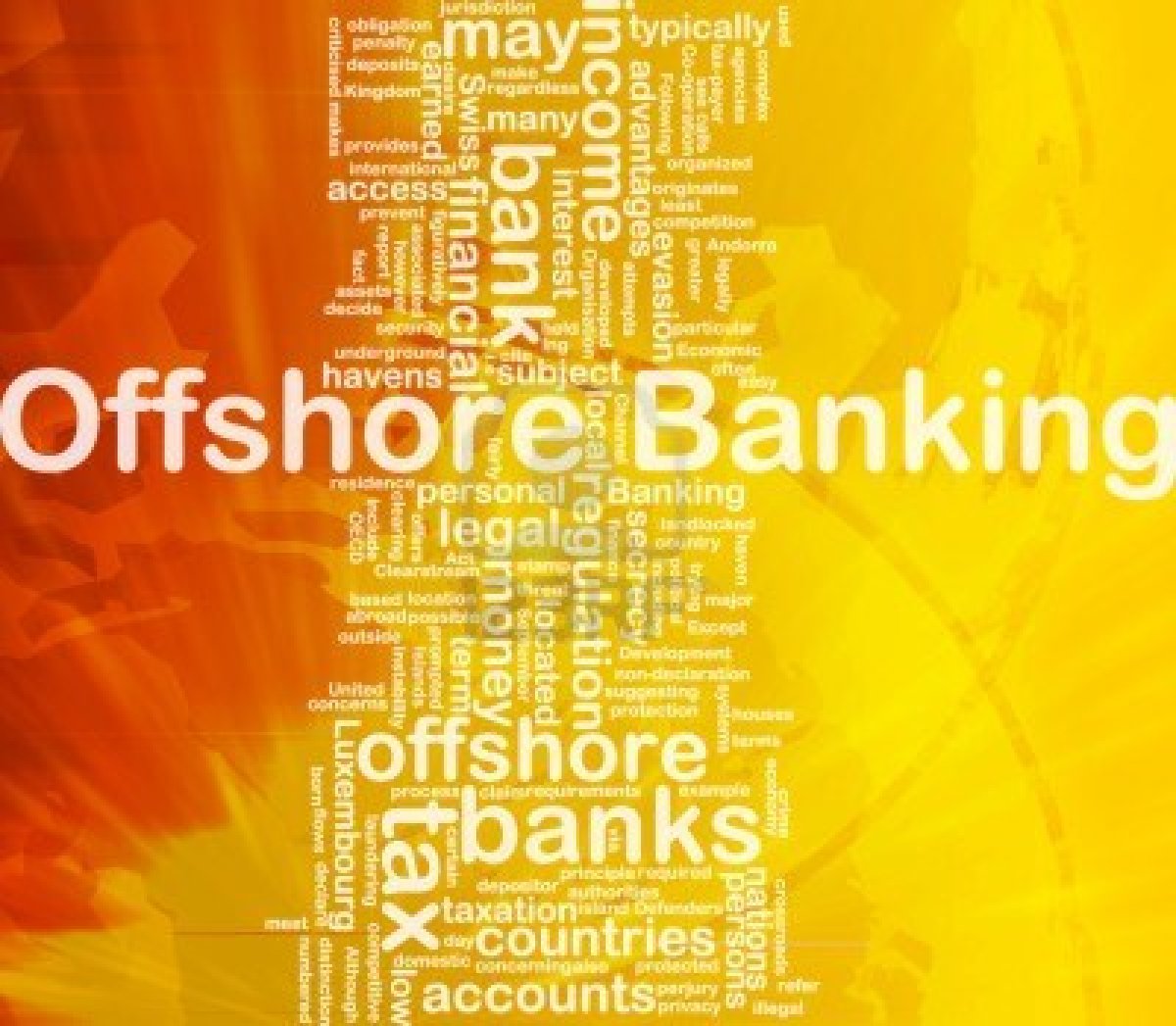Offshore Financial: A Smart Service for Diversifying Your Possessions
Offshore banking presents a nuanced method to asset diversification, using people a means to browse the intricacies of international money. By establishing accounts in foreign jurisdictions, one can not only accessibility a broader series of financial investment choices however likewise tactically place assets to secure them from residential financial vulnerabilities. The effects of such choices prolong beyond mere financial security; they intertwine with tax obligation factors to consider and regulatory frameworks that require mindful examination. As we discover these elements, the concern occurs: what are the necessary factors to take into consideration when choosing an overseas financial remedy?

Understanding Offshore Financial
Although overseas financial is often connected with wide range monitoring and tax optimization, it basically refers to the method of holding an account or investing in a bank located outside one's country of home. This technique enables individuals and services to access a selection of financial services that might not be available domestically. Offshore banks are usually established in jurisdictions with beneficial regulatory environments, providing improved personal privacy and security for account owners.
The principle of overseas banking can include various financial products, consisting of financial savings accounts, financial investment accounts, and also financing centers, all created to deal with international customers. Offshore financial institutions usually provide solutions in numerous currencies, allowing clients to manage their properties much more successfully in a globalized economic climate.
Furthermore, the governing framework governing offshore financial varies significantly from one territory to an additional, commonly characterized by reduced conformity requirements and greater discretion for account owners. While offshore banking can be a legitimate monetary strategy, it is important for people and organizations to understand the lawful effects and duties connected with preserving accounts abroad. Awareness of neighborhood guidelines and worldwide agreements is crucial for ensuring compliance and staying clear of prospective mistakes.
Advantages of Offshore Accounts

In addition, offshore accounts typically give access to a wider variety of investment possibilities that might not be readily available locally. offshore banking. These accounts can consist of a selection of monetary tools, such as international supplies, bonds, and shared funds, enabling account holders to customize their financial investment strategies according to their risk tolerance and monetary objectives
Another significant advantage is the capacity for tax optimization. While tax regulations vary by territory, some overseas accounts may provide favorable tax treatment, enabling people and companies to boost their after-tax returns lawfully.
Moreover, offshore financial organizations generally employ innovative privacy actions, securing account holders' financial details. This added layer of discretion can be attracting those seeking discretion in their monetary affairs. On the whole, the benefits of offshore accounts add to even more robust economic preparation and management approaches.
Possession Protection Strategies
One effective strategy to securing wealth entails applying robust property security methods. These approaches are vital for individuals seeking to protect their possessions from possible dangers such as legal actions, creditors, or economic instability.

Including minimal liability entities, such as overseas companies or restricted obligation business (LLCs), can likewise give a protective layer. These structures help protect individual properties from business liabilities, guaranteeing that individual wealth remains secure in the event of business-related lawful problems.
Moreover, diversifying investments across numerous property classes and geographic places can alleviate danger. This technique reduces exposure learn the facts here now to any type of single financial decline, enhancing total economic stability. offshore banking. By employing these asset protection strategies, people can properly secure their wealth, ensuring it remains undamaged for future generations while navigating potential financial obstacles
Tax Obligation Advantages and Factors To Consider
Executing efficient asset protection methods commonly leads people to take into consideration the tax advantages linked with offshore financial. By opening an offshore account, customers may benefit from positive tax regimens provided by particular jurisdictions. Numerous nations supply tax rewards, including low or absolutely no tax on interest and funding gains, which can significantly enhance riches buildup.
Furthermore, overseas financial can help with tax-efficient spending through diversified asset classes more tips here and currencies, permitting account holders to enhance their portfolios. It is essential to understand that while some offshore territories supply tax obligation advantages, conformity with international tax regulations, consisting of the Foreign Account Tax Obligation Conformity Act (FATCA), is obligatory. Failure to report offshore accounts can lead to extreme fines.
Additionally, the assumption of offshore banking as a tax evasion strategy can cause reputational threats. People need to guarantee their offshore activities are clear and legally compliant. Consulting with tax obligation experts that specialize in international finance is vital for browsing these intricacies and making the most of potential benefits while minimizing liabilities. Ultimately, while overseas banking can offer significant tax benefits, mindful preparation and adherence to regulations are vital to reaping these rewards responsibly.
Choosing the Right Offshore Financial Institution
Choosing the best offshore bank is an important decision that can significantly influence your financial technique and asset defense. When thinking about an overseas banking organization, it is vital to evaluate a number of key elements, consisting of the bank's reputation, regulative atmosphere, and the services supplied.
First, conduct complete research on the financial institution's standing in the market. Try to find institutions with a tested record of security and safety. Regulative compliance is one more essential element; make sure the financial institution sticks to worldwide criteria and operates within a respectable territory.
In addition, evaluate the array of solutions offered. Some banks may concentrate on wealth administration, while others concentrate on offering fundamental financial services. Consider your personal or service requirements and pick a financial institution that aligns with your monetary goals.
Another vital aspect is access. Investigate the ease of interaction with the financial institution, including language support and client service availability. Consider the fees connected with account upkeep and deals, Learn More Here as these can differ substantially in between institutions.
Final Thought
To conclude, offshore banking provides a viable strategy for asset diversification, offering countless benefits such as enhanced financial security and accessibility to a broader array of financial investment possibilities. The consolidation of efficient property protection strategies and possible tax benefits further highlights the charm of offshore accounts. Mindful option of the proper overseas financial institution is vital to make the most of these advantages. On the whole, offshore banking acts as a sensible technique to riches monitoring in a progressively interconnected global economic situation.